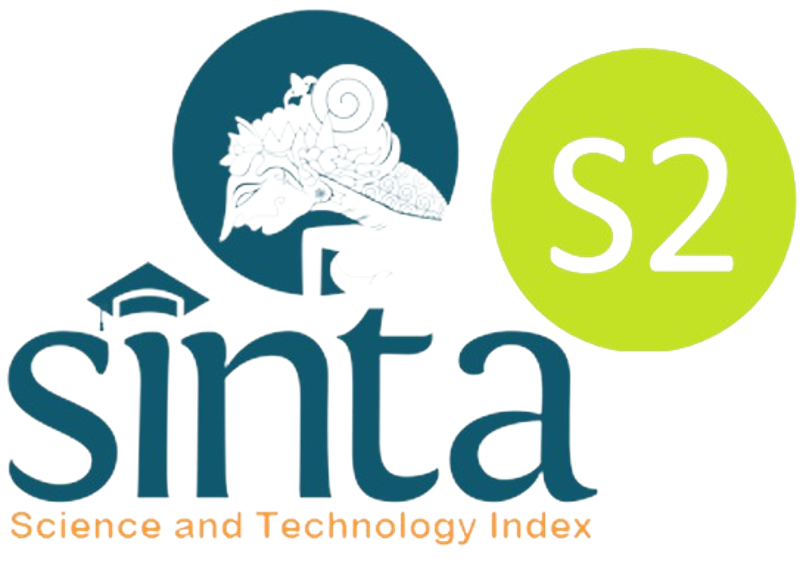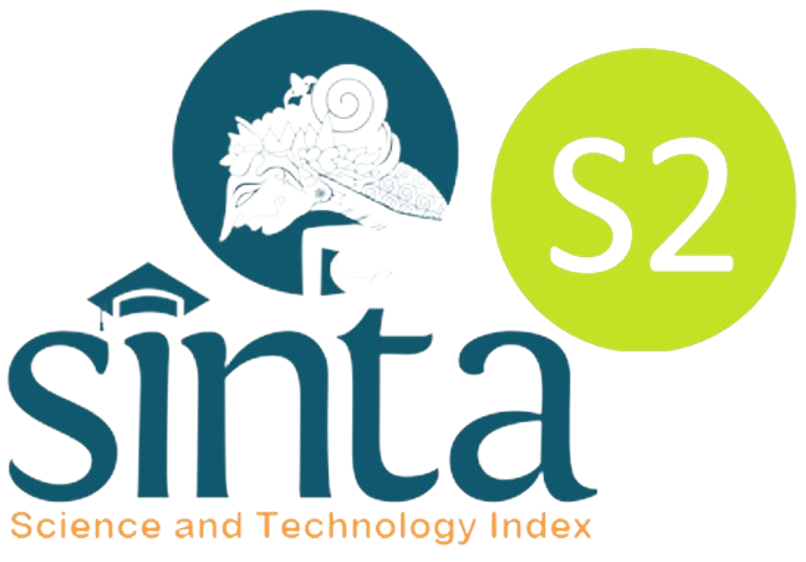Effectiveness of OCCIE Learning Model to Improve Science Process Skills of Senior High School Students
DOI:
https://doi.org/10.26740/jpps.v11n2.p99-112Keywords:
Chemistry learning, OCCIE learning model, Science process skillsAbstract
The research aims to analyze the effectiveness of the OCCIE learning model to improve the science process skills of high school students in learning chemistry. The OCCIE learning model has 5 phases, namely: Orientation, Construct, Communicate, Improve, and Evaluate which are specifically designed to improve science process skills. Methods of data collection using tests. The scientific process skills assessment instrument was valid and reliable. The main results show that the OCCIE learning model is proven to be effective in improving science process skills in learning chemistry in high school. In addition, there was a significant and consistent increase in the science process skills of Senior High School students in chemistry learning. The implications of the results of this study indicate that this model deserves to be used as an alternative model for Senior High School students' science process skills in chemistry learning in Indonesia. Further research can be focused on: (1) Teachers must prepare and ensure tools and materials can be used for experimental activities in the laboratory; (2) The time allocation must be adjusted to the characteristics of the material and students for those who are using the OCCIE Learning Model for the first time; (3) The group must have been determined by the teacher before learning using the OCCIE Learning Model so that the time allocation is more effective.
Downloads
References
Ageorges, P., Bacila, A., Poutot, G., & Blandin, B. (2014). Some lessons from a 3-year experiment of problem based learning in physics in a french school of engineering. American Journal of Educational Research, 2(8), 564-567. https://doi.org/10.1187/10.12691/education-2-8-1
Arends, R. (2012). Learning to teach: Fifth edition. New York: McGraw-Hill, Inc.
Birgili, B. (2015). Creative and critical thinking skills in problem-based learning environments. Journal of Gifted Education and Creativity, 2(2), 71-80.
Dogan, I., & Kunt, H. (2016). Determination of prospective preschool teachers' science process skills. Journal of European Education, 6(1), 32-42.
Duran, M. (2014). A study on 7th grade student inquiry and communication competencies. Procedia-Social and Behavioral Sciences, 116, 4511-4516.
Gale, d.S., & Boisselle, L.N. (2015). The effect of POGIL on academic performance and academic confidence. Science Education International, 26(1), 56-61.
Moreno, R. (2010). Educational psychology. New Jersey: John Wiley and Sons.
Moutinho, S., Torres, Joana, T., Fernandez, I., & Vasconcelos, C. (2015). Problem-based learning and nature of science: A study with science teachers. Procedia - Social and Behavioral Sciences, 191, 1871-1875. https://doi.org/10.1016/j.sbspro.2015.04.324
Nieveen, N., McKenney, S., & Akker, V. (2007). Educational design research. New York: Routledge.
OECD. (2013). PISA 2012 results: What students know and can do student performance in reading, mathematics and science. Paris: PISA-OECD Publishing.
OECD. (2015). PISA 2015 collaborative problem solving framework. Paris: PISA-OECD Publishing.
Purichia, H. (2015). Problem-based learning: An inquiry approach. Interdisciplinary Journal of Problem-Based Learning, 9(1), 1-4. https://doi.org/10.7771/1541-5015.1522
Rosa, O. F. (2015). Pengembangan modul pembelajaran IPA SMP pada materi tekanan berbasis keterampilan proses sains. Jurnal Pendidikan Fisika, 3(1), 49-63. http://dx.doi.org/10.24127/jpf.v3i1.21
Skinner, V.J., Braunack-Mayer, A., & Winning, T.A. (2015). The purpose and value for students of PBL groups for learning. Interdisciplinary Journal of Problem-based Learning, 9(1). https://doi.org/10.7771/1541-5015.1499
Slavin, E.R. (2011). Educational psychology theory and practice. Boston: Pearson.
Williamson, N.M., Metha, G.F., Willison, J., & Pyke S.M. (2013). Development of POGIL-style classroom activities for an introductory chemistry course. International Journal of Innovation in Science and Mathematics Education, 21(5), 27-41.
Zeidan, A.H., & Jayosi, M.R. (2015). Science process skills and attitudes toward science among Palestinian secondary school students. World Journal of Education, 5(1), 13-24. http://dx.doi.org/10.5430/wje.v5n1p13
Zwaal, W. & Otting, H. (2016). Performance of the seven-step procedure in problem-based hospitality management education. Journal of Problem Based Learning in Higher Education, 4(1), 1-15. http://dx.doi.org/10.5278/ojs.jpblhe.v0i0.1173
Downloads
Published
How to Cite
Issue
Section
License
Copyright (c) 2022 JPPS (Jurnal Penelitian Pendidikan Sains)

This work is licensed under a Creative Commons Attribution-ShareAlike 4.0 International License.
 Abstract views: 431
,
Abstract views: 431
, PDF Downloads: 481
PDF Downloads: 481












